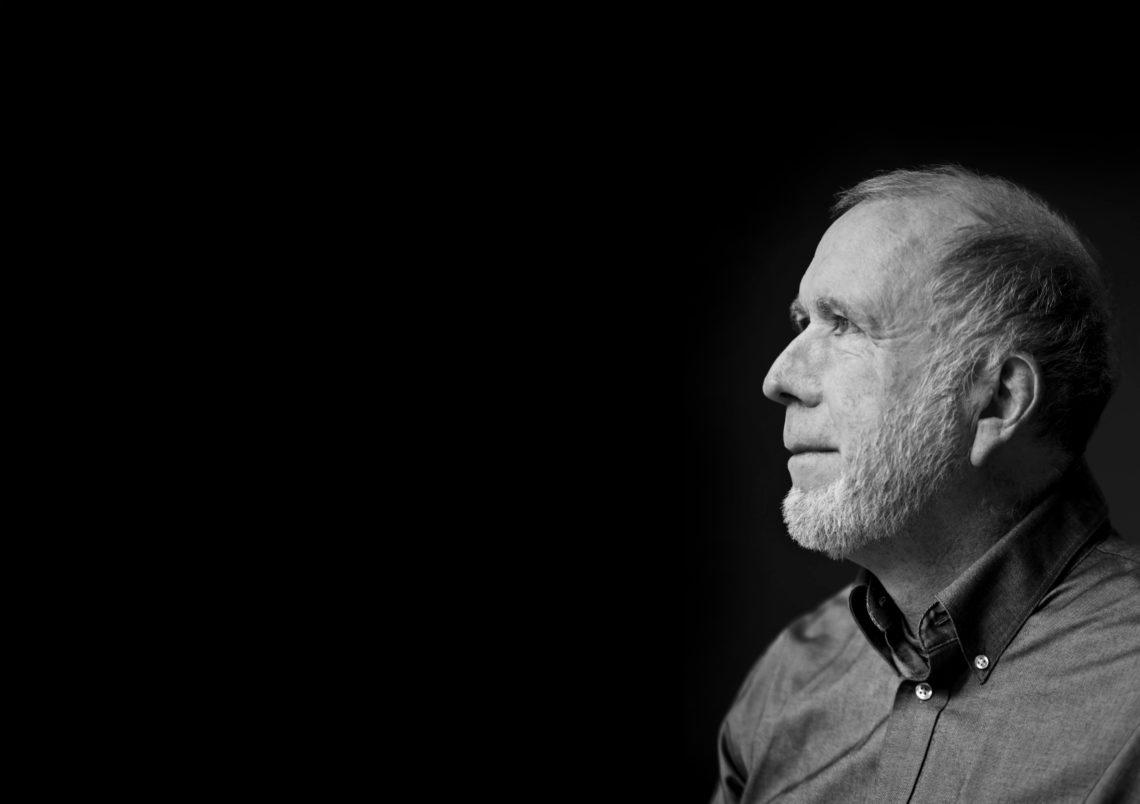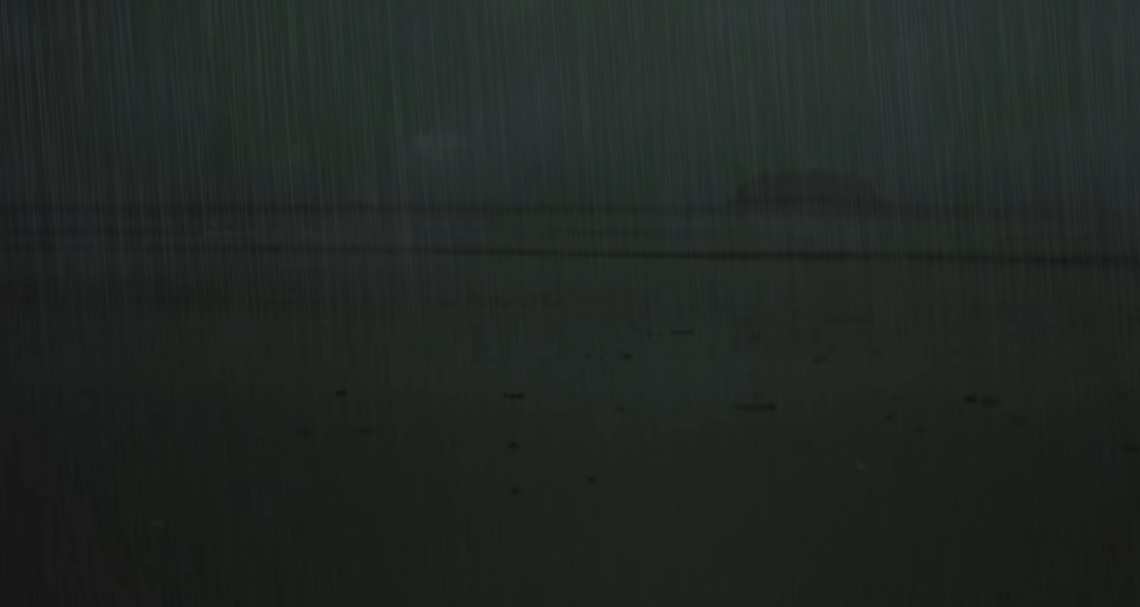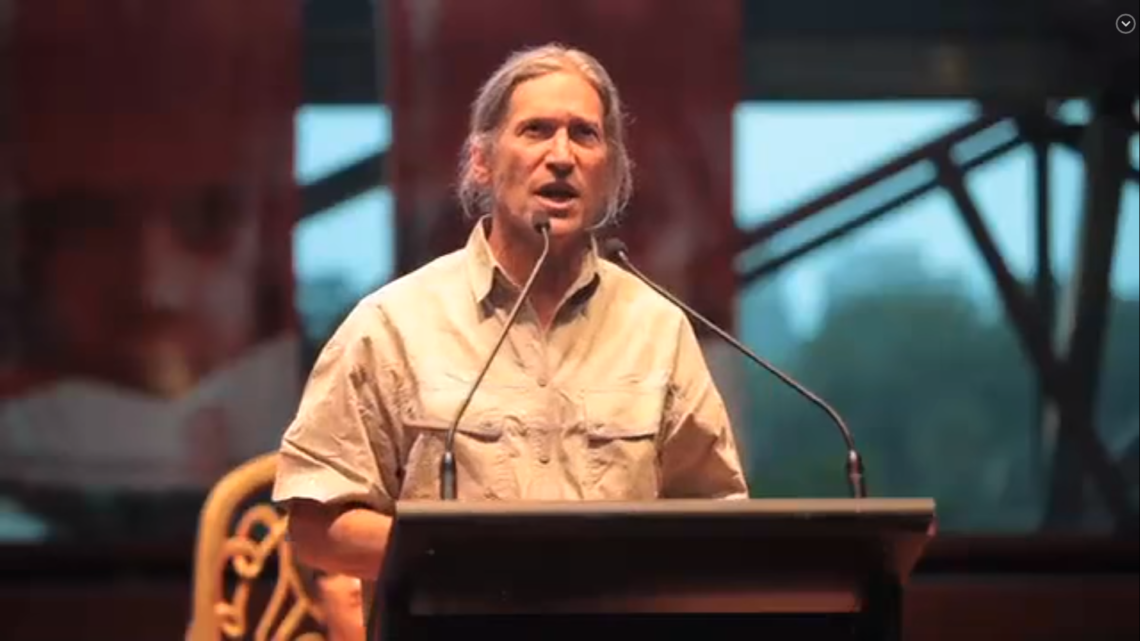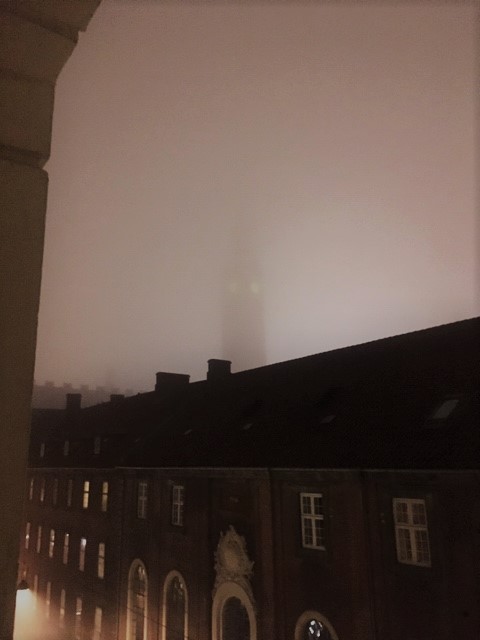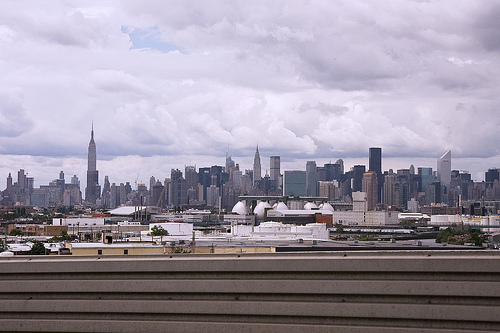Image: Kevin Kelly photographed by Jamie Tanaka
I was speaking to a friend of mine yesterday who makes YouTube videos and has a good size following. We were talking about different ways that people succeed or not on the platform and some of the different approaches people take, wide vs deep, creating long series or not, and so on. In the discussion I mentioned Kevin Kelly’s article 1000 True Fans. He hadn’t read it, and so I shared it with him. I think of this article as a classic of audience building advice but of course each generation’s classics are their own, and so he hadn’t heard of it. So it occurs to me that although many of you may be aware of it, it’s worth sharing here. It’s also worth noting that Kelly, who is one of the founders of Wired magazine, has updated the article for inclusion in Tim Ferriss’s Tools of Titans book, which I also recommend.
The core idea of 1000 True Fans is that in the era of the web a creator does not necessarily need millions of fans to earn a living. Instead, they need a small number of highly engaged people that they interact with directly. These two characteristics are worth examining. High engagement in this case means people who are willing to spend significant amounts of money on your output each year, the number Kelly comes up with is $100. The first question this raises is: do you even have something that such fans could buy? This is probably a good prompt for many creators, to make sure that in addition to for example, the regular music album they can buy or stream online, there is also a deluxe collectors edition which comes with a booklet and poster, or similar. It may seem presumptuous in a sense to offer something like that, but you may be surprised to discover that there is a small percentage of your audience that is passionate and wants to demonstrate their passion by buying something like this. Another approach is simply having enough things like an album, a t-shirt, a poster, a concert ticket, a fan club membership, a package of stickers all available that if a supporter decides to buy all of them then it makes a difference for you financially. Highly engaged fans will behave differently from casual fans and should be given good opportunities to do so.
The second part of this equation is that true fans want to interact as directly as possible, and want you to benefit from their support. The best case for both you and your true fans is that you sell things directly from your own store or site and capture as much of the profit as possible. Your true fans will gladly go to your own site, enter their info and buy. The more casually interested will not, so you want to have things available for them on the big stores, but your true fans will often actively seek out a way to buy direct out of a desire to support you. As a musician I would have fans ask me where to buy so that I would receive the best value possible when I released something new. For musicians I recommend Bandcamp for this purpose. Cliffski of Positech games has a very good article about the economics of selling games directly from your website and why you should do it. I don’t endorse everything he says as sometimes he seems to be provocative for the sake of it, but this article by him is highly recommended.
The other related note about this which came up when discussing with my friend was that while large platforms like YouTube are great for building an audience and getting traffic, they have a vested interest in you not directly owning that traffic or relationship with your audience member. YouTube will not, for example, provide you with your subscribers email or real name. If for some reason your YouTube channel gets deleted, your audience is deleted with it. This is why it’s important not to think of yourself as a ‘YouTuber’ but instead as someone who’s business reaches people through YouTube, and tries to move them off there onto your site, email list, or other community. I’m sure not everyone on here is an artist or creator trying to build an audience so this may not be relevant for all, but if you are, I hope this helps.
